Burnout and the Machine: How can AI can aid employee wellbeing
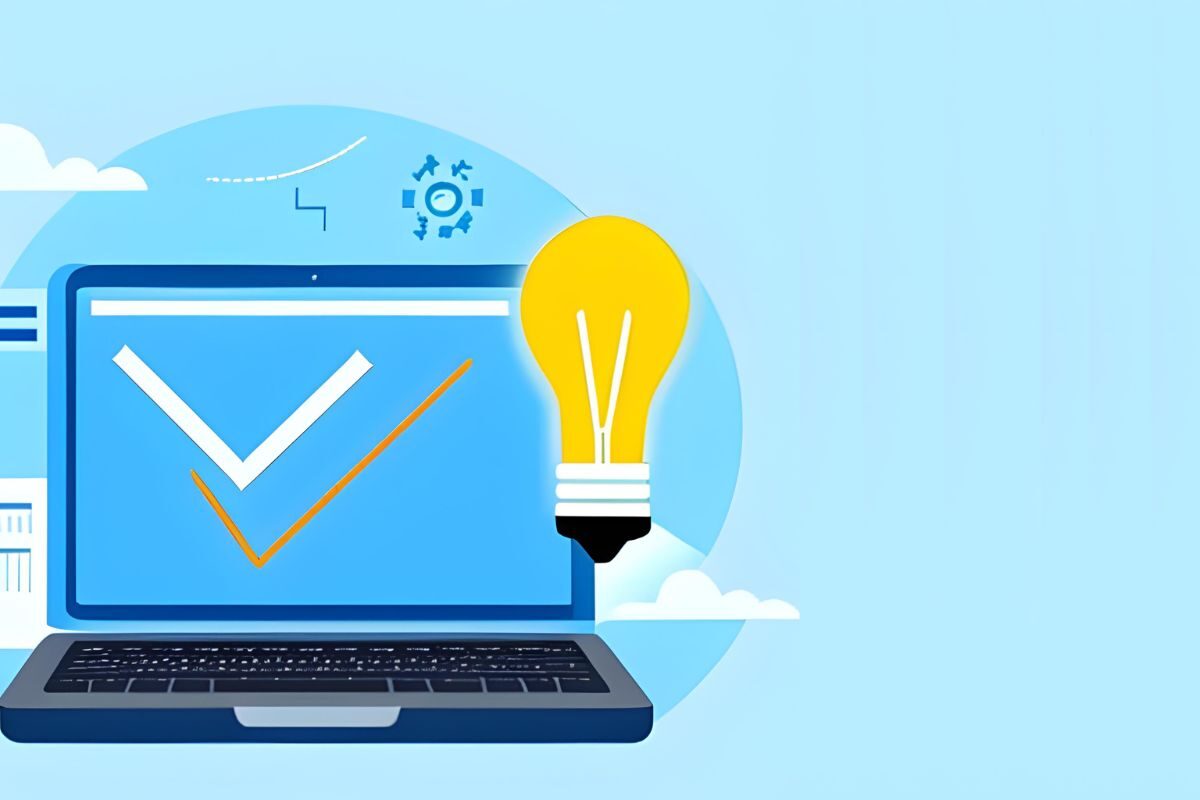
New research shows that 15% of the British workforce have taken time off work due to feeling so challenged in communication
Despite rising rates of burnout, anxiety and depression amongst the British workforce – research from Deloitte found that 70% of employees felt like their employers don’t do enough to prevent to help combat these conditions. To this end, new research from Rethinkly – a leading workplace wellbeing platform that utilises the metaverse to facilitate difficult conversation – unveils that 15% of the British workforce have taken time off work due to feeling so challenged in communication.
With the rise of AI in our workplaces – from transforming how we apply to jobs to how we generate ideas, and evaluate employee performance – one arena that AI has the power in revolutionising is how we tackle employee wellbeing. Andrew Jackson, CEO and co-founder of Rethinkly, comments on how technology is empowering employees at all levels.
Burnout has become a growing concern for both employees and employers in today’s fast-paced and demanding work environment. Amidst a growing pressure to perform, meet deadlines and maintain a work-life balance – the advent of AI brings with it tools to prevent and address burnout effectively. AI-driven tools can assist employees in prioritise tasks, optimise workloads and create efficient schedules, and with Deloitte’s research stating that 30% of employees are driven to burnout by unrealistic deadlines – AI could assist in managing overwhelming workloads.
Apart from task-management, new developments within the field of AI have lead to apps – such as Kintsugi and WinningTemp – which utilise sentiment analysis and natural language processing techniques to detect early signs of emotional distress or burnout among employees. These systems can identify individuals who may be at rise and provide timely interventions, such as mental health resources or work adjustments. With proprietary research from Rethinkly finding that 25% of the British workforce feel like they have no voice in the workplace, these automated interventions could help employees who feel like they’ve slipped between the cracks.
In today’s technology-driven world, AI offers a wealth of possibilities to combat burnout and create a healthier work environment. Rethinkly helps address these issues by enabling employees to enter a virtual world in which neutral avatars are used to express emotions about a particular project, situation or overall workload. Objects such as a locked treasure chest, a river that needs to be crossed, or an elephant in the room can also be used in team-building exercises to symbolize various struggles or objectives.
Andrew Jackson, CEO and co-founder of Rethinkly, comments on how the Rethinkly digital world is empowering wellbeing:
“We think about the metaverse as a new way of thinking about the digital world – where people come together and interact in ways which improve their communications, their relationships and their wellbeing. Our work in mental health settings and with young people gives us hope – that tech can be used for good, helping people build the skills we need to thrive and prosper.
The metaverse is a space and place you can visit. This ability to drop into a Rethinkly world and start to visualise and process what is happening to you unlocks possibilities that you couldn’t get just by “thinking” or “listening”. The brain works predominantly visually, so by giving people a visual tool that is 3D and has space and context, the process is more powerful. Our work in mental health settings and with young people showed that tech can be used for good. Helping people build the skills in the digital world we need to thrive and prosper in the real world.”

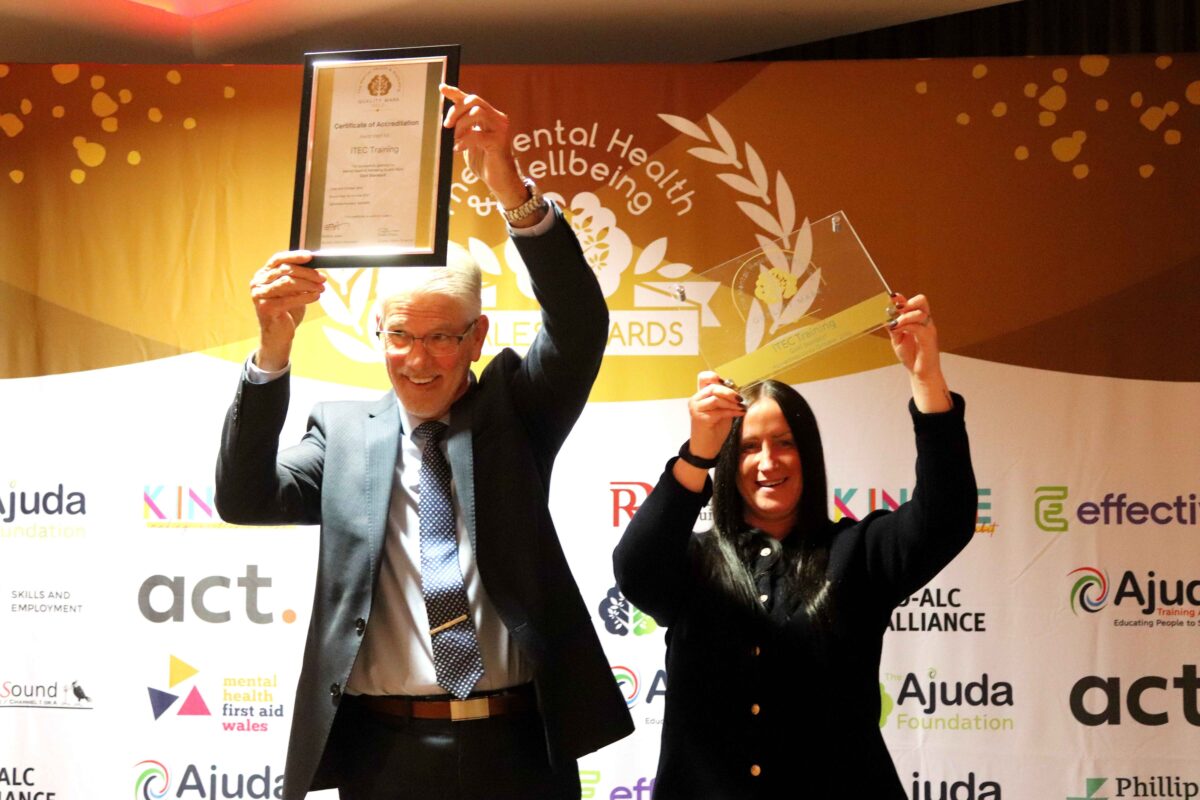





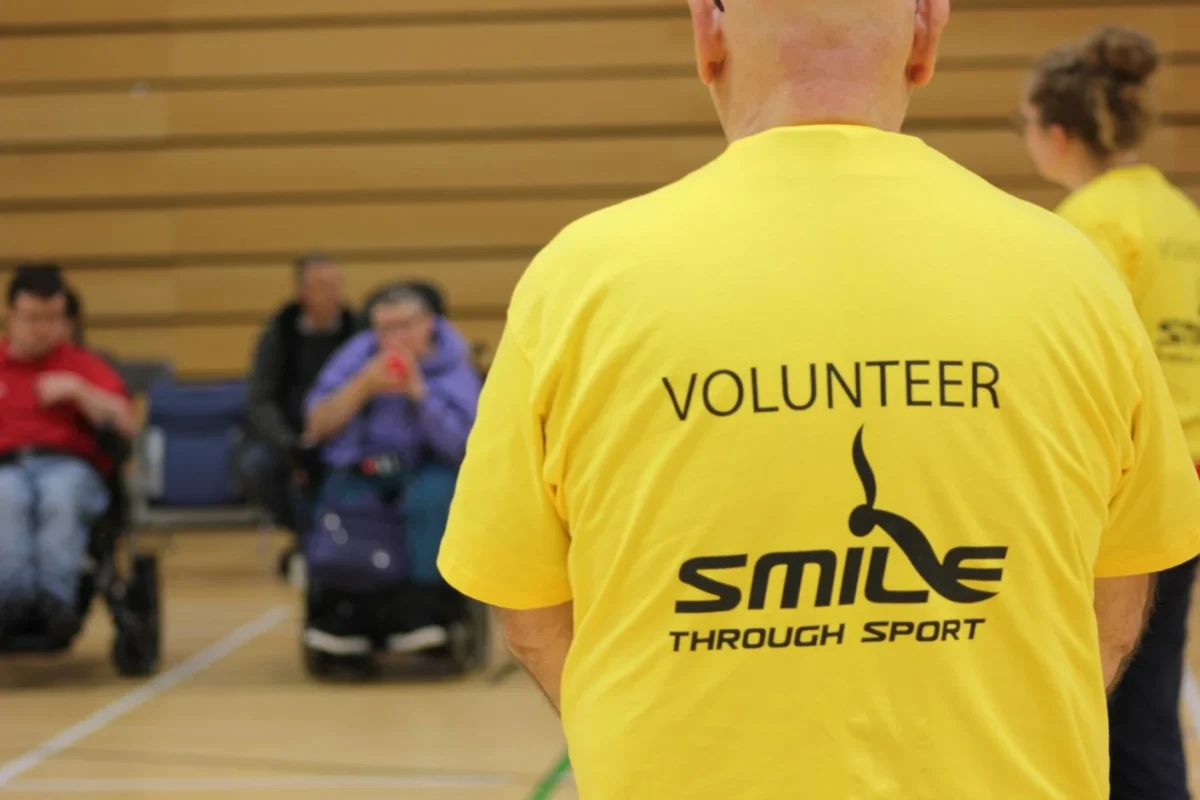

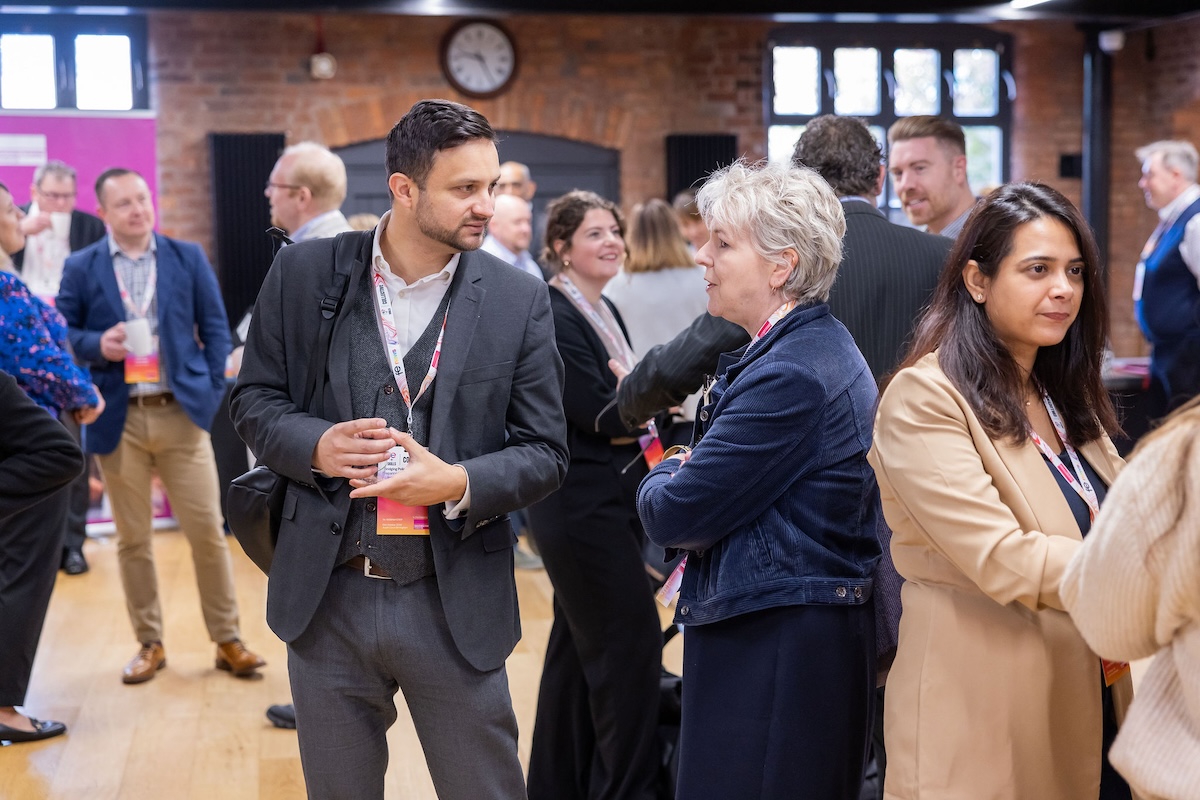
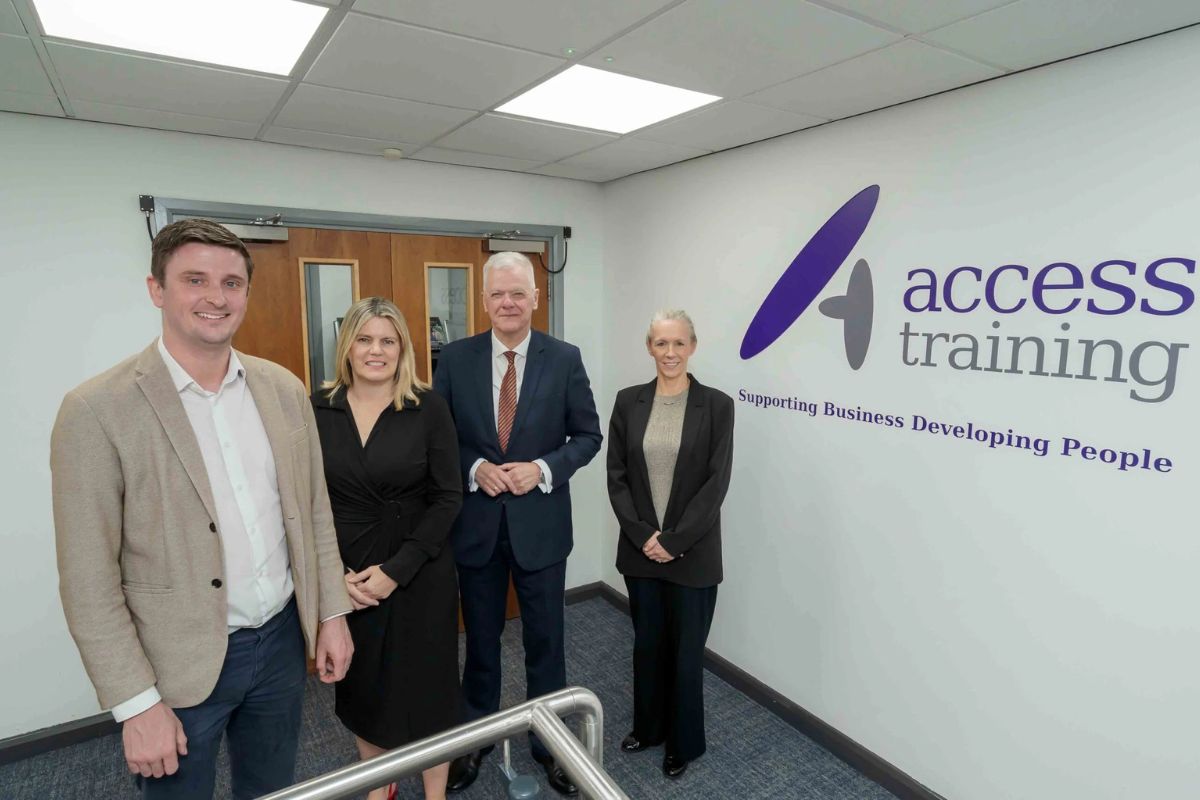
Responses